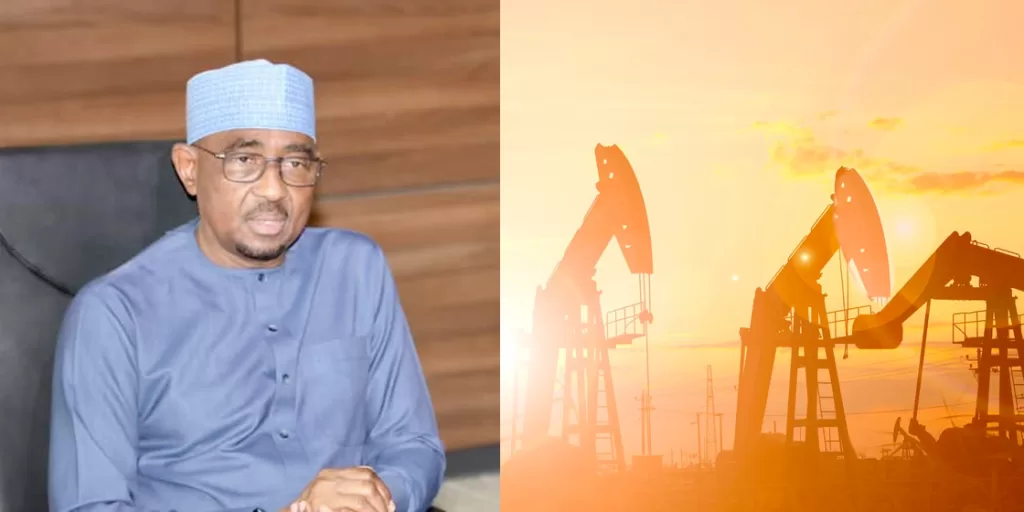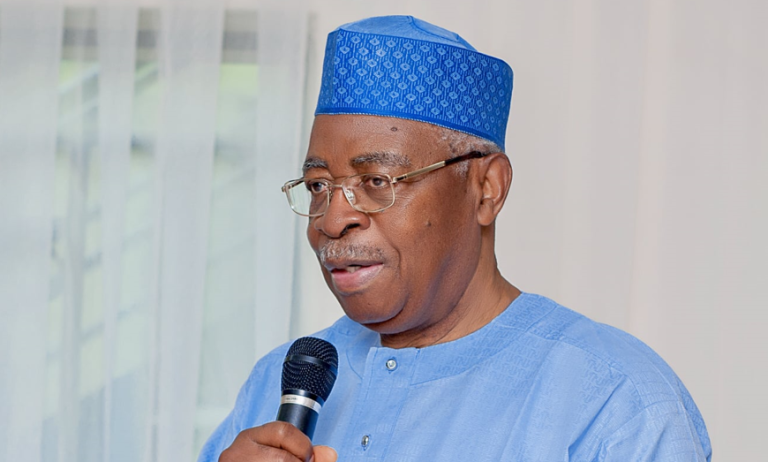
ABUJA — Farouk Ahmed, the CEO of the Nigerian Midstream and Downstream Petroleum Regulatory Authority (NMDPRA), has raised concerns about the negative economic impacts of fluctuating global oil prices on Nigeria’s economy, emphasizing the severe consequences for government revenue.
Speaking at the Meet-the-Press series in Abuja, Ahmed highlighted the volatility of global oil markets, exacerbated by inconsistent policies from U.S. President Donald Trump and shifting market dynamics. While declining oil prices may benefit Nigerian consumers, they significantly impact the country’s oil export-dependent economy.
Ahmed cited an example of the sharp drop in crude oil prices from $73 to $60 per barrel in a single day, noting that such sudden declines severely disrupt Nigeria’s revenue flow. This instability is compounded by local challenges such as pipeline vandalism and reduced production capacity.
“It’s good for consumers as prices drop, but for the nation, it’s a problem,” Ahmed stated. He also pointed to global trade uncertainties, particularly the U.S. government’s shifting tariff policies, which have injected significant instability into markets. “The inconsistency in the way President Trump sets policies makes it challenging to predict the next steps for the oil market,” he added.
The NMDPRA CEO also highlighted a significant drop in Nigeria’s oil production, with the country’s output falling to approximately 1.4 million barrels per day, according to OPEC. This, coupled with global price fluctuations, threatens to undermine the nation’s economic stability, particularly national reserves and the strength of the naira.
Additionally, Ahmed noted a decline in the importation of Premium Motor Spirit (PMS) or petrol, from 44.6 million litres per day in August 2024 to just 14.7 million litres per day by April 2025. Despite this, local supply saw a 670% rise, partly due to the restart of the Port Harcourt Refining Company and the growth of modular refineries.
However, the supply has only crossed the government’s 50 million litres per day benchmark twice in the past eight months. The NMDPRA chief revealed that while imports from Oil Marketing Companies (OMCs) have increased, local refineries, particularly the Dangote Refinery, now supply a significant portion of national demand, contributing around 22 million litres per day as of early April 2025.
Regarding refining operations, Ahmed stated that Nigeria’s 11 licensed plants produce a total of 1.12 million barrels per day, with the Dangote Refinery accounting for 650,000 barrels per day.
Despite challenges, Ahmed urged stakeholders to prepare for prolonged uncertainty in the oil sector and remain adaptable to ongoing market fluctuations.





